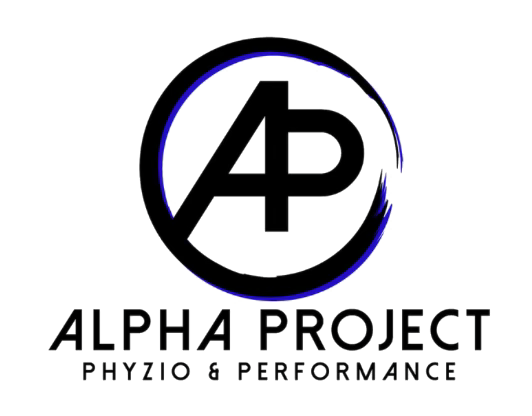Pelvic Floor PT During Pregnancy
Pregnancy is a time of excitement and anticipation! As much joy as it brings, it is also a time of significant changes met with unexpected hurdles – everything from pain and discomfort, to leakage and bladder issues.
Understanding these changes and taking proactive steps to support the pelvic floor can help alleviate these discomforts and promote a healthier pregnancy experience.
Working with a pelvic floor therapist can guide you through the changes occurring as your pregnancy progresses, helping you manage symptoms while gaining a better understanding of these changes.
Continue reading to explore how the pelvic floor is affected during pregnancy.
What Happens to The Pelvic Floor During Pregnancy
During pregnancy, your pelvic floor muscles work harder to support the weight of your growing baby, stretching and changing over time. These muscles stretch and adapt over time, increasing the workload can weaken the muscles, leading to leakage and prolapse. It can also increase unwanted tension in the muscles causing unwanted symptoms such as pelvic pain and urinary urgency.
Pelvic Floor Therapy and How It Helps During Pregnancy
Pelvic Floor Physical Therapy is a non-invasive method that uses exercises and manual techniques to reduce or prevent pain, leakage, prolapse, and diastasis recti. This approach can be customized to address each woman's specific symptoms and unique needs throughout pregnancy. Additionally, a pelvic floor plan can be adjusted for each trimester, reducing symptoms you may be feeling.
Benefits
Pelvic floor therapy offers several benefits during pregnancy, helping to alleviate discomfort, prevent complications, and prepare the body for labor.
Here are the ways pelvic floor therapy helps expecting mothers:
Reducing the risk of urinary incontinence
Lowering the risk of diastasis recti
Minimizing the chances of tearing during childbirth
Reducing the likelihood of prolapse
Easing back, hip, and pelvic pain
Working with a pelvic floor expert early on during pregnancy can help expecting mothers manage prenatal symptoms.
When Should You Plan to See a Pelvic Floor Therapist?
As a pelvic floor expert, I always tell people, “the sooner, the better”. Coming to pelvic floor physical therapy early on in your pregnancy can allow us to fix any faulty movement patterns early on before more stresses are placed on the body.
For example, we want to make sure that you are using your core correctly and know how to engage the pelvic floor muscles correctly. This can prevent leakage, prolapse, and diastasis recti early on during your pregnancy. I especially encourage people to come in early if they are already having any pelvic floor issues or any back, hip or pelvic pain.
A Few Easy, At-Home Pelvic Exercises You Can Do
Typically, a pelvic floor therapist will have you do at-home pelvic floor exercises. Here are a few exercises we have our prenatal clients do to alleviate common pregnancy discomforts, like lower back pain and pelvic pressure, while strengthening the pelvic floor muscles.
1 Practice activating your abdominal muscles
To activate your abdominal muscles, draw your belly button toward your spine and up toward your head while exhaling. You should feel your lower belly tense up under your fingers when poking the area.
2 Kegels!
Practice the motion of stopping your stream of urine and holding back gas at the same time. To do kegels, you contract the muscles in your pelvic floor, squeezing them upward, holding the contraction for 5-10 seconds. Beware to not just squeeze your butt cheeks – this means you aren't doing the exercise correctly.
3 Pelvic floor muscles relaxation stretches
Relaxation stretches such as Child’s Pose and Happy Baby can help alleviate tension in these hard-working muscles, easing tension in the hips and pelvis. Here are a few other stretches and poses to relax your tight pelvic floor.
Pelvic Floor Therapy for Women in Maryland
At Alpha Project Phyzio, our clinic provides pelvic floor therapy in Maryland, with locations in Columbia, Frederick and Gaithersburg.
We develop a tailored plan to help pregnant women take control of their pregnancy, enhancing confidence and empowering them in their workouts, movements, and daily activities.

